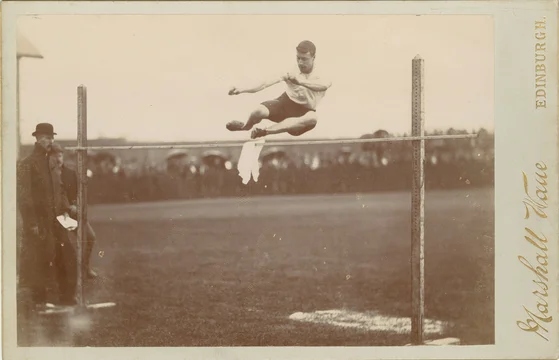
Well, this is a new one for me. In Wirtgen America, Inc. v. Caterpillar, Inc., C.A. No. 17-770-JDW-MPT (D. Del. Jan. 16, 2024), the plaintiff had previously brought an action in the ITC against the defendant, and won—achieving an exclusion order that stood up (in part) on appeal.
Now, in a District of Delaware action on the same patents, plaintiff argues willfulness based in part on the previous ITC ruling. Defendant tried to offer an expert who would testify about how great its defenses were at the ITC:
Caterpillar offers Mr. Bartkowski to opine on how the ITC works and the ITC litigation between Wirtgen and Caterpillar, including their respective claims and defenses. In explaining the ITC proceedings to the jury, he will opine that Caterpillar’s defense before the ITC was “not without merit.” . . . He reaches that conclusion based on his assessment of the outcome of the various invalidity defenses that Caterpillar offered in the ITC proceeding. He also opines that Caterpillar’s redesigns are “indicative of a party that vigorously presented meritorious defenses to infringement allegations (and infringement findings).”
Id. at 4.
Unsurprisingly, Judge Wolson saw some problems with that. Given that he was ruling on a Daubert motion, he framed it in terms of Daubert's "fit" requirement:
Mr. Bartkowski’s testimony about the ITC proceedings doesn’t meet Daubert’s fit requirement. . . . The prior litigation before the ITC is relevant in a jury’s determination of willfulness because the jury will measure Caterpillar’s culpability “against [its] knowledge … at the time of the challenged conduct.” Halo Elecs., Inc. v. Pulse Elecs., Inc., 579 U.S. 93, 105 (2016).
Id. at 4-5. He held that the expert would either be testifying as to the defendant's state of mind—which is impermissible—or would be parroting attorney argument:
What matters for the jury [regarding willfulness] is Caterpillar’s state of mind from a subjective (as opposed to objective) standpoint. “[S]ubjective willfulness alone” can support an award of enhanced damages. . . . The jury will need to evaluate if Caterpillar “acted despite a risk of infringement that was either known or so obvious that it should have been known to the accused infringer.” . . . Mr. Bartkowski has no knowledge about Caterpillar’s subjective state of mind, nor can an expert offer an opinion about a party’s subjective state of mind. . . . To the extent that Mr. Bartkowski intends to point to objective facts—like Caterpillar prevailing on some arguments before the ITC—as evidence of its state of mind, that’s nothing more than lawyer argument. It’s not expert analysis. Rules 702 and 703 do not permit parties to cloak attorney argument in the guise of expert testimony.
Id. at 5.
Parties don't often encounter circumstances where they would try to offer an expert on ITC procedure. More often, it's a patent law expert, or an expert opining on inequitable conduct.
But exclusion is not a surprising result. The Court doesn't usually permit experts to testify about state of mind, and has often limited the scope of what experts can opine on regarding prior proceedings, including at the PTO. It's not always resolved under Daubert's "fit" requirement—the Court has also excluded similar testimony as irrelevant/prejudicial under FRE 402/403. Either way, in my experience, such testimony is typically either prohibited or significantly restricted.
If you enjoyed this post, consider subscribing to receive free e-mail updates about new posts.





